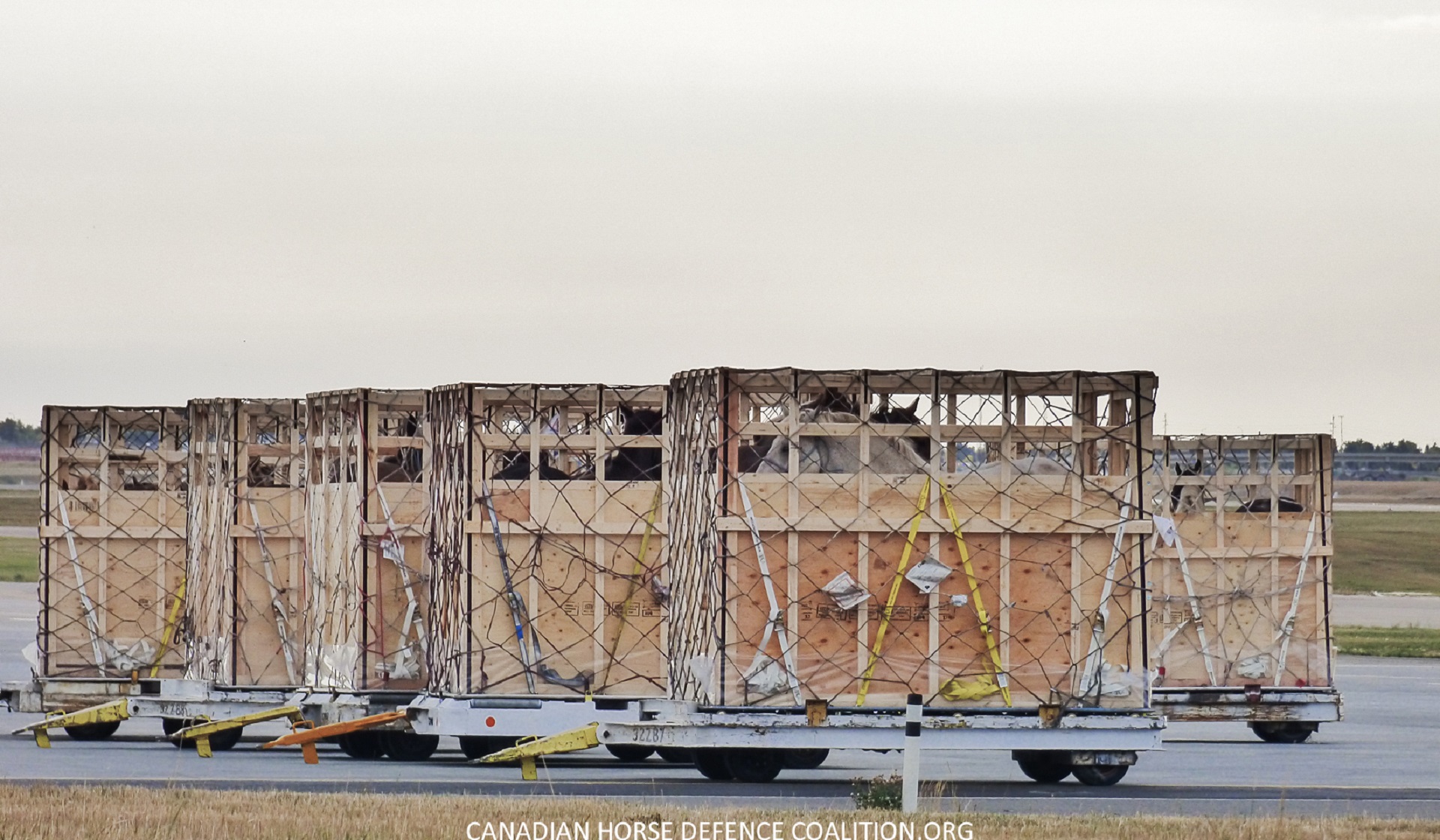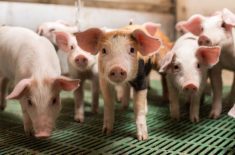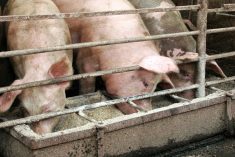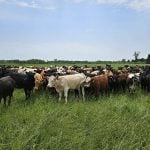Hog markets have improved since early fall, but the situation is far from great.
“In terms of the current prices, there’s nothing spectacular,” said Ron Gietz, an extension specialist with Alberta Agriculture and Forestry.
Still, that’s an improvement on the spectacularly bad period last summer when hog prices plunged by more than 40 per cent in just six weeks, and producers were losing more than $50 for every animal sent to market. A rally in early fall briefly pushed prices above the break-even point, but they’ve steadily dwindled since then with producers now experiencing losses of about 30 cents a kilogram.
Read Also

Horns aren’t unlocking anytime soon on livestock transport standards
Standards good enough meet the definition of “humane” animal transportation still vary widely between what what industry wants, what animal rights advocates want and, between the two, what federal regulators decide is good enough.
“Producers are currently losing money,” said Gietz, but the futures market is suggesting higher prices are on the way.
“It hasn’t been a total wreck, but it hasn’t been very good either,” he said.
African swine fever is sweeping through China, and has had some impact on the futures, but “the market is in a ‘let’s wait and see mode’ to see if we’ll be exporting a little more pork to China,” said Gietz.
Here in Alberta, the discovery of the province’s first case of porcine epidemic diarrhea shouldn’t affect the market, he said.
“If we keep it confined to one farm or a few farms, then it’s just something that affects the productions on a few farms. It doesn’t affect how the price is calculated and it doesn’t affect our markets at all.”
Washington’s trade battle with Beijing has reduced its American pork exports to China, but that hasn’t boosted prices for Canadian hogs because prices here are based off the U.S. price. The hope is China’s anger with Ottawa over the detention of Huawei executive Meng Wanzhou (who is subject to a U.S. extradition request) won’t affect exports to China.
“We’ll see how that plays out with China and how it impacts trade going forward,” said Gietz. “Like swine fever, it’s something to be watched, but not something that will necessarily play out in terms of trade.
“On the upside, if the Americans make a deal with China, markets will react to the upside as well. So far, we’ve only seen the negative side of it.”
However, markets “are losing faith” there will be a quick resolution to that situation and so have been drifting lower, he added.
“Markets are still unsettled. On paper and with futures, it doesn’t look like too bad a year coming up. But there are so many variables and so on, we’ll just have to see.”
All of this uncertainty is taking a toll.
While fears of a major exodus of producers in Alberta haven’t materialized, the number of hog producers continues to drop.
“There’s an ongoing leaving as producers reach the age where they don’t want to do it anymore,” said Gietz.
There will be problems with succession, he said, as young people who have watched their parents struggle to make money from hogs won’t be keen to take over operations. As well, he noted, most barns in Alberta were built in the late 1990s or early 2000s. Moving to loose sow housing (which will be required by 2024) will require a significant capital investment that many may find hard to justify.
















